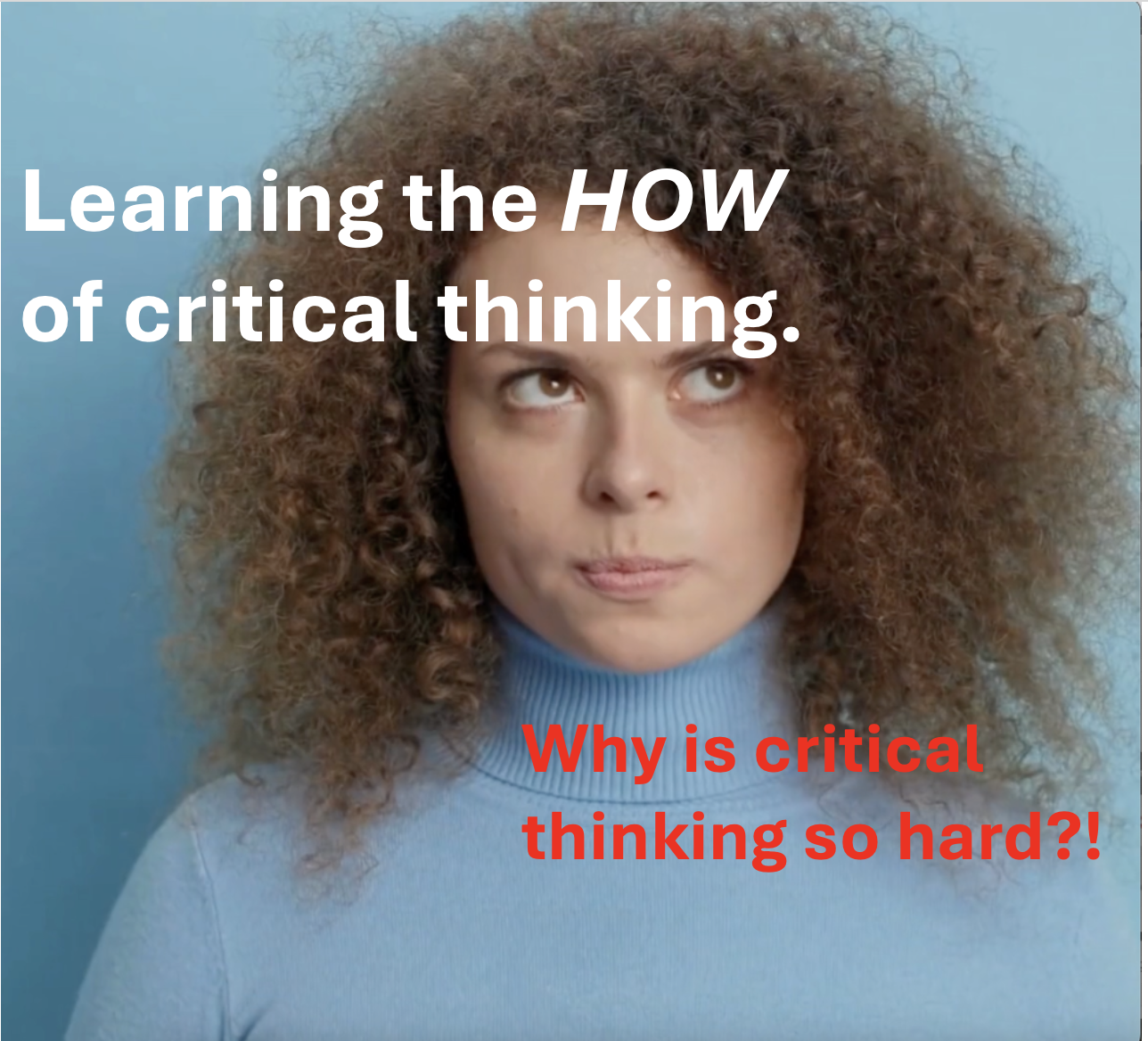The Critical Thinking Crisis No One Talks About
We often hear that critical thinking is disappearing from our societies. Headlines warn us of its absence, and conversations about the state of the world often circle back to this very issue. We are given long lists of the harm caused by a lack of critical thinking—polarized communities, the spread of misinformation, shallow decision-making, and even declines in mental health.
On the other hand, we are also reminded of the many benefits that come from cultivating this skill: stronger problem-solving abilities, greater resilience in the face of challenges, improved communication, and a deeper sense of clarity in our lives. We are urged to practice critical thinking not just as an academic exercise, but as a foundation for both our physical and mental well-being.
The causes of this decline are wide-ranging and familiar. Some blame the rise of the internet and the overwhelming flood of information it brings. Others point to the addictive pull of social media, where speed often trumps accuracy and emotion outweighs reason. Religion and rigid ideologies are sometimes criticized for discouraging questioning. The focus on rote memorization in schools leaves little room for curiosity or analysis. Media influence, cognitive biases, information overload, rising poverty—all these forces play a part. Together, they form a complex web that limits the development of genuine problem-solving skills.
In short, we are living in a world that constantly demands our attention but rarely encourages us to think deeply.
To combat these negatives in the society, we are admonished to do better and be more intention in decision making. While these observations are true, there is a major gap in most of the admonitions we hear: and that is the “how.”
We are told that we must think critically, but rarely are we shown how to do so. If thinking deeply were simple, then everyone would already be doing it. The truth is that critical reflection requires discipline, tools, and deliberate practice.
That is where The Reflective Human comes in. We understand that deep thought is not an accidental byproduct of living—it is an intentional act. Moving from a state of passively drifting through life to one where we consciously examine our choices, beliefs, and actions takes effort, courage, and commitment. It means slowing down in a fast-paced world, asking the hard questions, and being willing to sit with discomfort until clarity emerges.
At The Reflective Human, we believe that learning how to think is just as important as learning what to think and have provided a method by breaking down the human experience into bite-sized courses with reflective prompts that helps us think critically and solve problems and challenges practically.
By cultivating reflection, we can take back control over how we live, make decisions with greater confidence, and engage with the world in ways that puts a human face to our actions.


